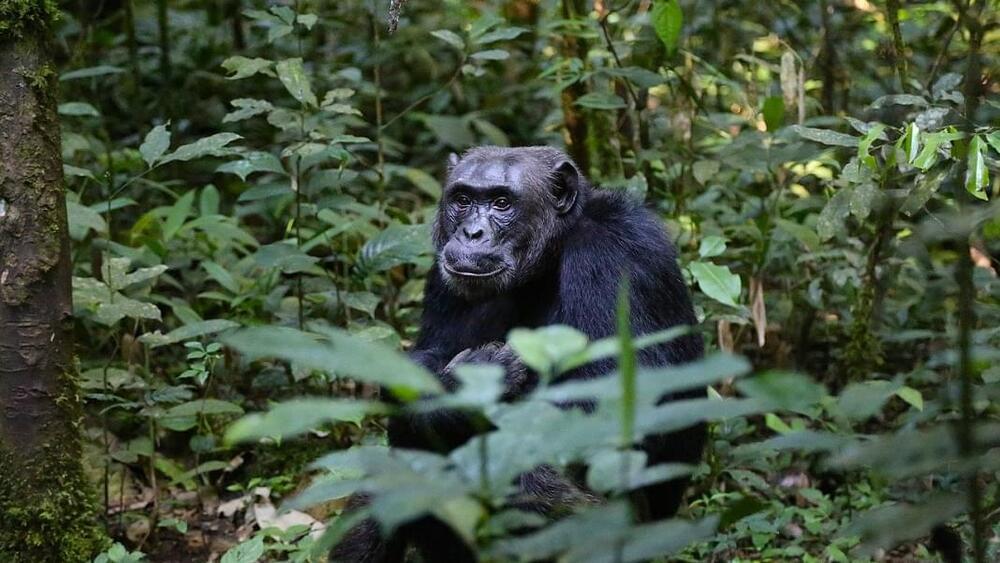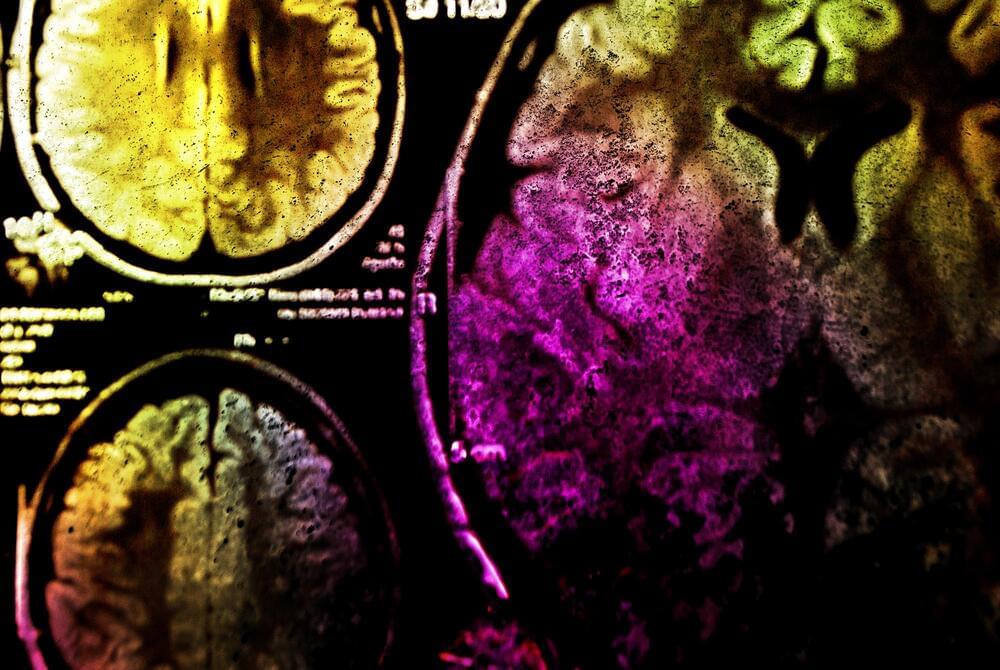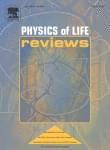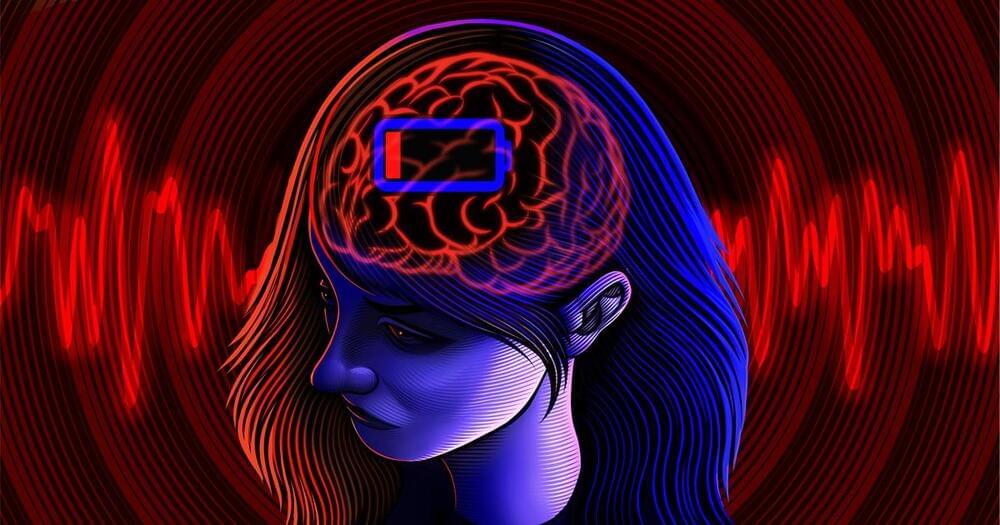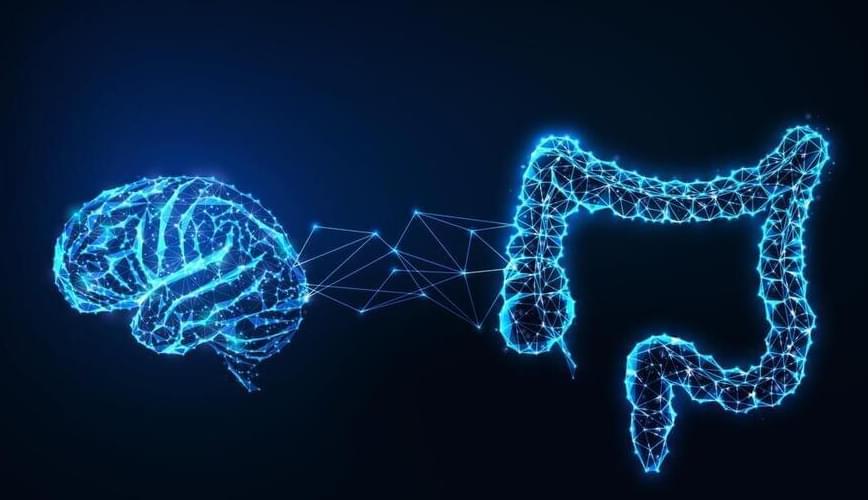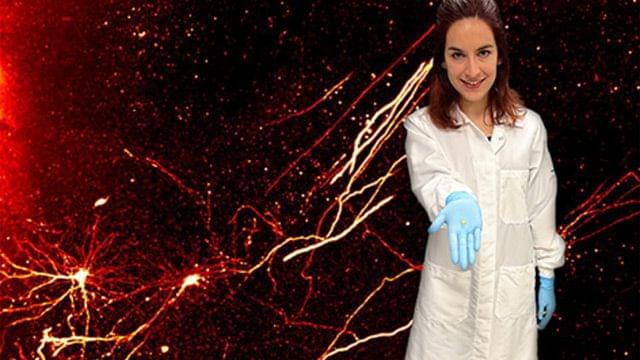Humans are unrivaled in the area of cognition. After all, no other species has sent probes to other planets, produced lifesaving vaccines, or created poetry. How information is processed in the human brain to make this possible is a question that has drawn endless fascination, yet no definitive answers.
Our understanding of brain function has changed over the years. But current theoretical models describe the brain as a “distributed information-processing system.” This means it has distinct components that are tightly networked through the brain’s wiring. To interact with each other, regions exchange information though a system of input and output signals.
However, this is only a small part of a more complex picture. In a study published last week in Nature Neuroscience, using evidence from different species and multiple neuroscientific disciplines, we show that there isn’t just one type of information processing in the brain. How information is processed also differs between humans and other primates, which may explain why our species’ cognitive abilities are so superior.
